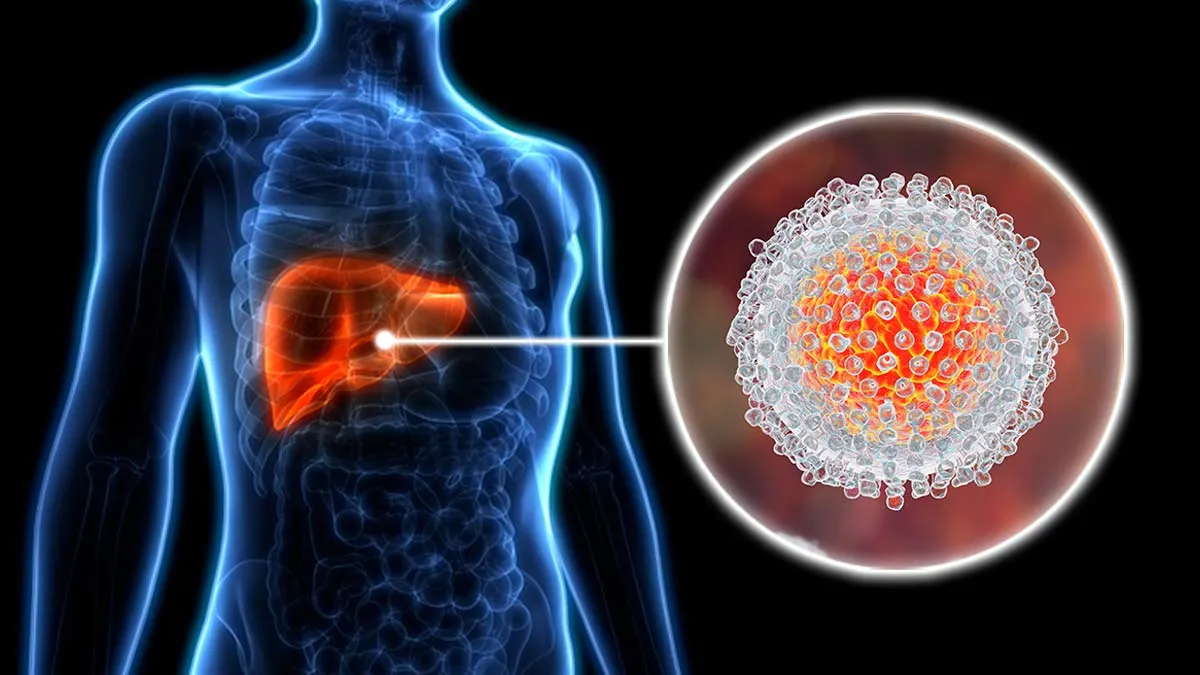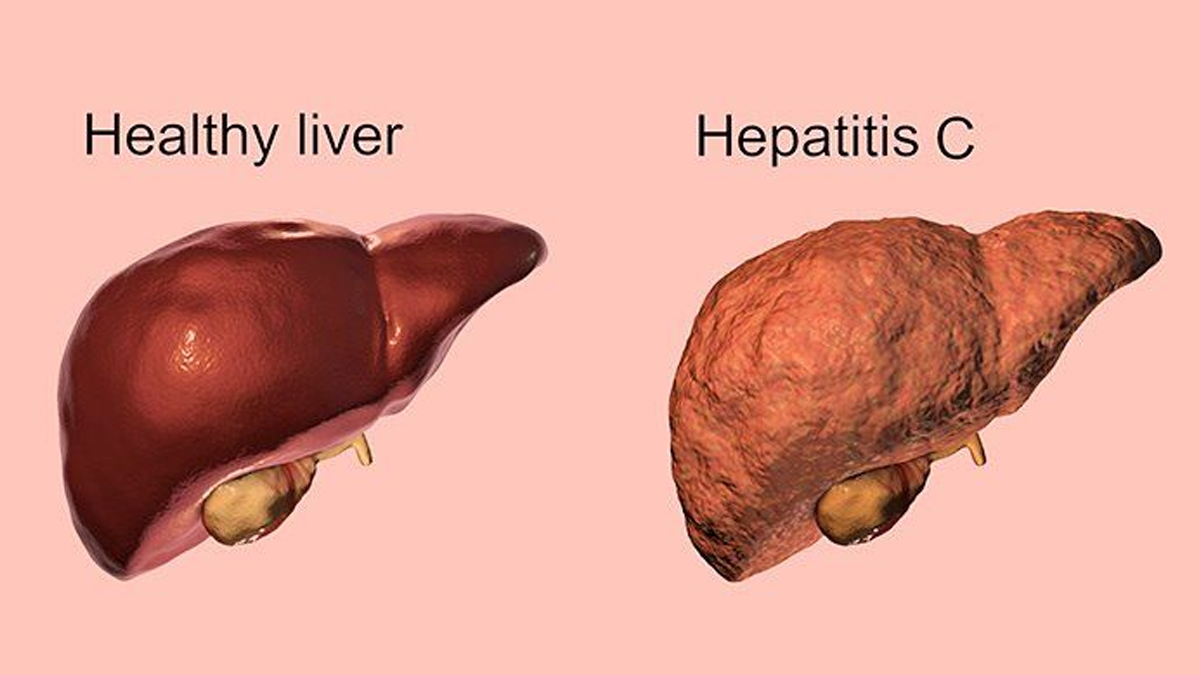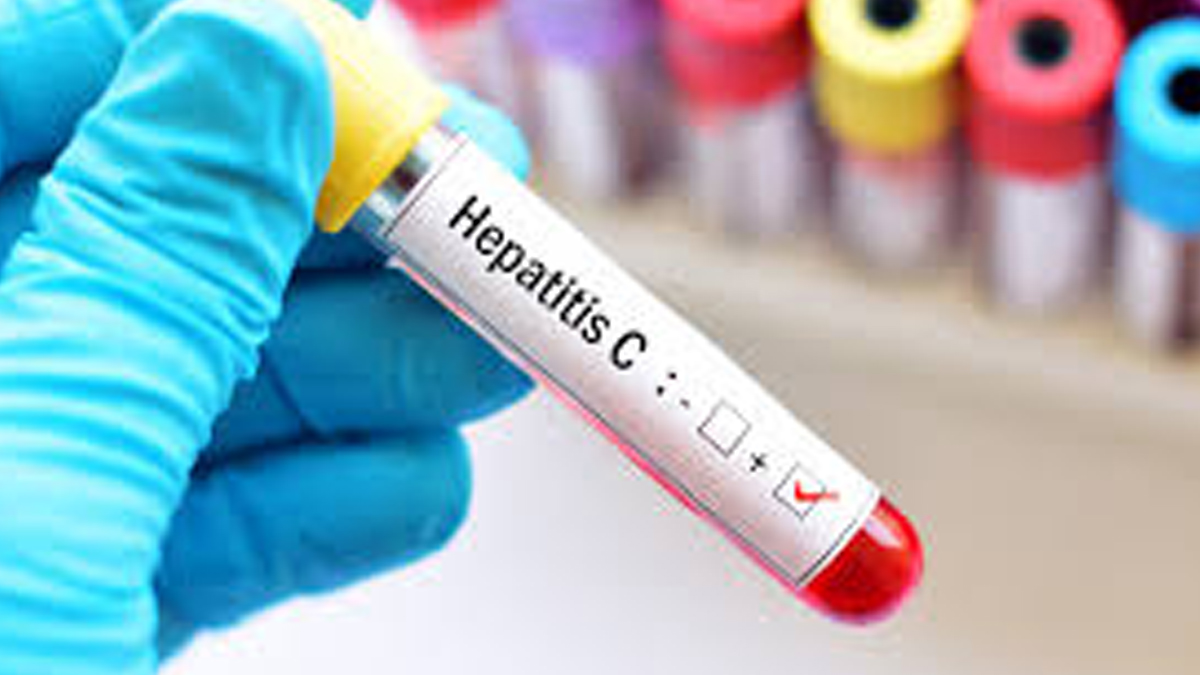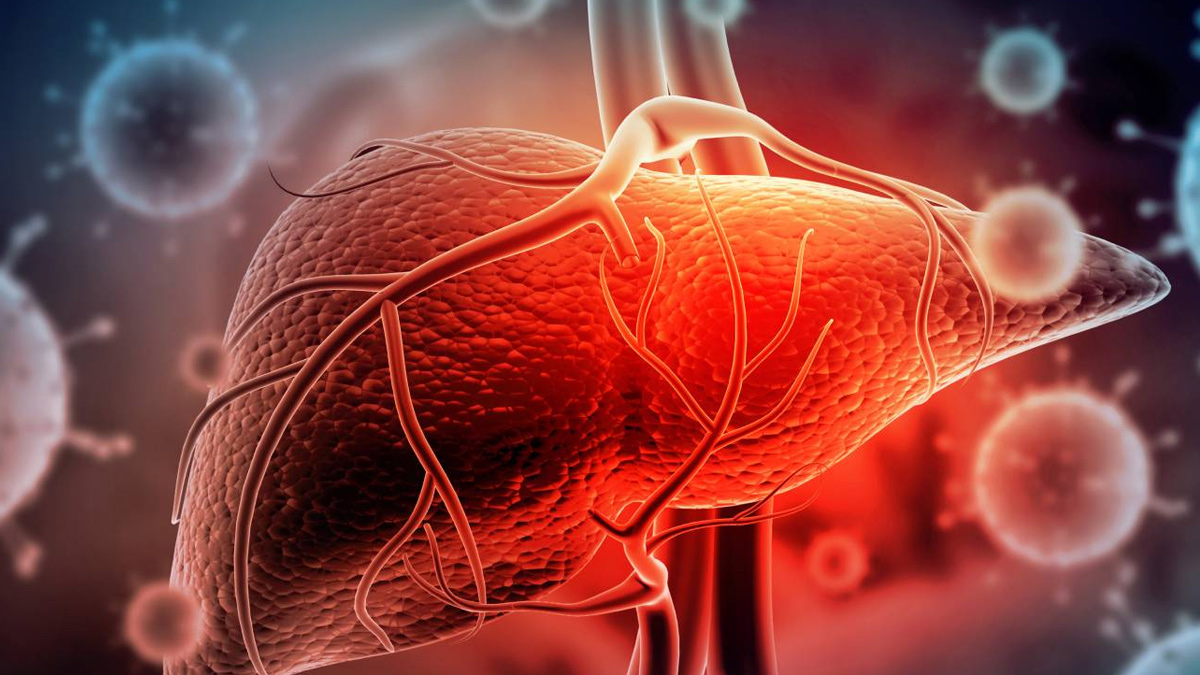
A sudden outbreak of Hepatitis C has hit Gadharona village in Roorkee, Uttarakhand, with over 100 confirmed cases in just two months. The viral infection, locally referred to as Kala Pilia, has raised concerns among health authorities, prompting immediate medical intervention. While the state health department has reassured residents that the situation is under control, experts are investigating the root cause of the outbreak and how the virus is spreading within the community.
Table of Content:-
Hepatitis C Cases Surge in Gadharona
Located near Landaura town, Gadharona has a population of approximately 4,000. Over the past several weeks, residents have reported symptoms such as mild fever, fatigue, and loss of appetite. Initially, many sought treatment from local healers, but when their condition did not improve, they turned to private clinics and hospitals.
As cases multiplied, the Uttarakhand State Health Department stepped in to assess the situation. A two-day medical camp was conducted, where samples were collected from 75 suspected patients. Of these, 54 tested positive for Hepatitis C. Despite the alarming numbers, authorities have emphasised that the disease is treatable with antiviral medication.

According to reports from Roorkee Civil Hospital, the region has recorded 450 cases of Hepatitis C since November. Many villagers, like one resident who spoke to The Economic Times, were diagnosed only after experiencing extreme fatigue and loss of appetite. Those infected are now receiving treatment, with the local hospital providing medication in weekly doses.
What Is Hepatitis C?
Hepatitis C is a viral infection that primarily affects the liver. The virus spreads through contact with contaminated blood, leading to inflammation and potential long-term damage. The infection can either be acute (short-term) or chronic (long-term), depending on how the body responds to the virus.
Also Read: Liver Doc Debunks Ganga’s 'Self-Purifying' Claims; Warns Bacteriophages May Be Harmful For Humans
- Acute Hepatitis C: This is a short-lived infection that may not always produce noticeable symptoms. Some individuals recover within six months as their immune system fights off the virus.
- Chronic Hepatitis C: If the body fails to eliminate the virus, the infection becomes chronic. Over time, it can cause severe liver damage, cirrhosis, and even liver failure in some cases.

How Does Hepatitis C Spread?
Hepatitis C is primarily transmitted through exposure to infected blood. The most common modes of transmission include:
- Sharing Needles: Intravenous drug use is one of the leading causes of Hepatitis C infection worldwide.
- Unsterilised Medical Equipment: Blood transfusions, kidney dialysis, or surgical procedures performed without proper sterilization can spread the virus.
Also Read: Reduce Edible Oil Intake By 10% For A Healthier India, Urges PM Modi—Appoints 10 Fitness Icons
- Unsafe Tattoos and Piercings: Getting body art or piercings in unregulated settings where equipment is not properly sterilized increases the risk.
- Workplace Exposure: Healthcare workers who come into contact with infected blood are at risk if safety precautions are not followed.
- Household Transmission: Though less common, sharing personal items like razors or toothbrushes with an infected person may lead to exposure.
- Sexual Transmission: Hepatitis C can be transmitted through sexual contact, particularly if one partner has HIV.

How Dangerous Is the Outbreak?
While Hepatitis C is a serious condition, it is treatable with antiviral medications that can eliminate the virus from the body. However, untreated infections can lead to severe complications, including liver damage and cancer. The outbreak in Uttarakhand highlights the urgent need for awareness, early diagnosis, and proper medical intervention.
Bottomline
Health authorities are taking proactive steps to contain the outbreak. The state health department has initiated awareness campaigns to educate residents about the importance of hygiene, avoiding unsterile medical procedures, and seeking prompt treatment. Additionally, medical teams continue to monitor the situation to prevent further spread.
For now, villagers are being urged to undergo screening and follow medical guidance. As Hepatitis C is a silent disease that often goes undetected until liver damage occurs, early diagnosis and timely treatment are crucial in managing the outbreak effectively.
Also watch this video
Read Next
Cholera Outbreak In Sudan: 58 Dead, 1,300 Infected In Three Days; Know Symptoms To Look Out For
How we keep this article up to date:
We work with experts and keep a close eye on the latest in health and wellness. Whenever there is a new research or helpful information, we update our articles with accurate and useful advice.
Current Version